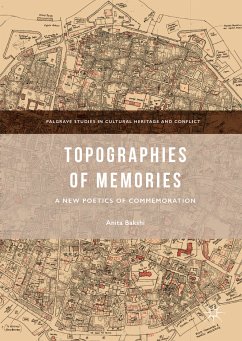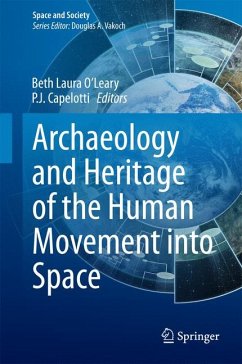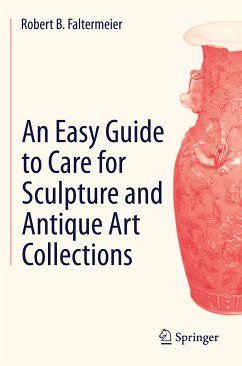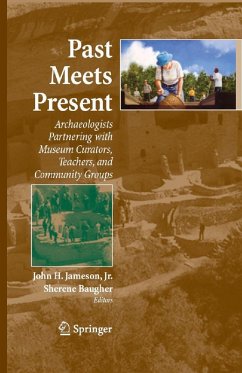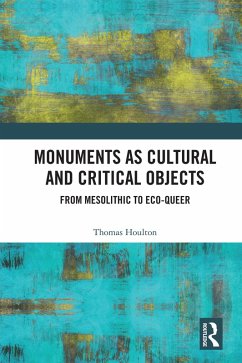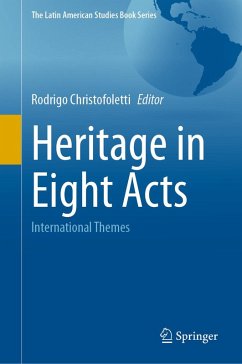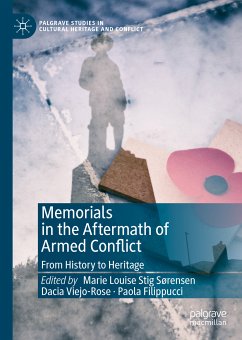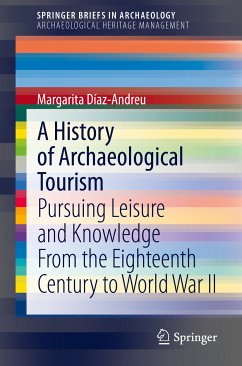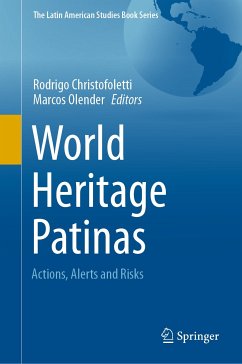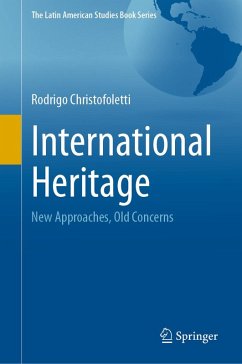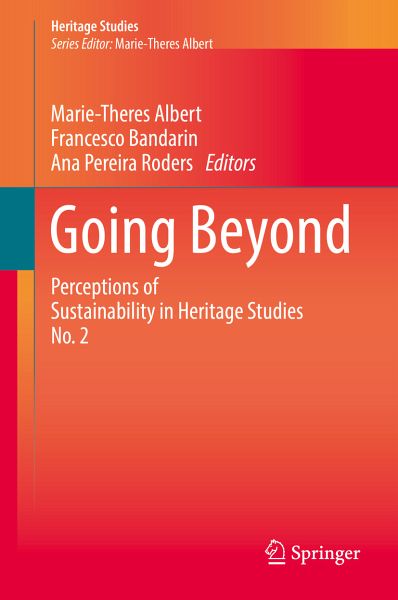
Going Beyond (eBook, PDF)
Perceptions of Sustainability in Heritage Studies No. 2
Redaktion: Albert, Marie-Theres; Pereira Roders, Ana; Bandarin, Francesco
Versandkostenfrei!
Sofort per Download lieferbar
80,95 €
inkl. MwSt.
Weitere Ausgaben:

PAYBACK Punkte
40 °P sammeln!
This volume looks at sustainable protection and sustainable use of cultural and natural heritage, particularly in view of the current challenges of the 21st century. For more than 40 years the World Heritage Convention has regulated the protection of the cultural and natural heritage of humankind, particularly in that heritage shall be protected if it is threatened by modern development.The international community has also adopted sustainability and sustainable development, as objectives to facilitate the protection of cultural and natural heritage. Sustainable heritage protection and use must...
This volume looks at sustainable protection and sustainable use of cultural and natural heritage, particularly in view of the current challenges of the 21st century. For more than 40 years the World Heritage Convention has regulated the protection of the cultural and natural heritage of humankind, particularly in that heritage shall be protected if it is threatened by modern development.
The international community has also adopted sustainability and sustainable development, as objectives to facilitate the protection of cultural and natural heritage. Sustainable heritage protection and use must therefore be preserved in the face of the global challenges it faces and must be perceived in terms of societal, political and corresponding economic paradigms.
Dieser Download kann aus rechtlichen Gründen nur mit Rechnungsadresse in A, B, BG, CY, CZ, D, DK, EW, E, FIN, F, GR, HR, H, IRL, I, LT, L, LR, M, NL, PL, P, R, S, SLO, SK ausgeliefert werden.



